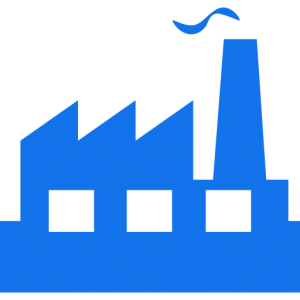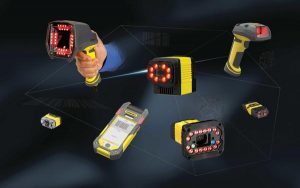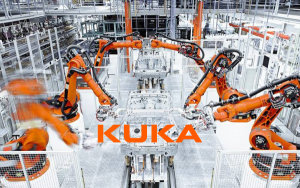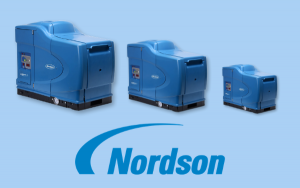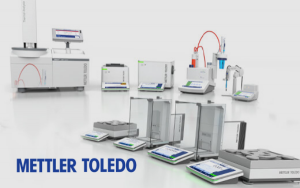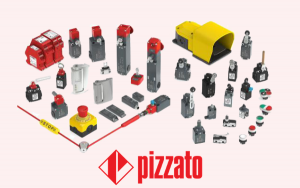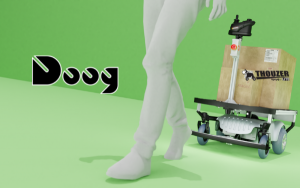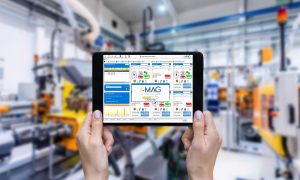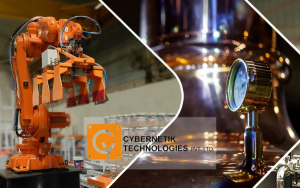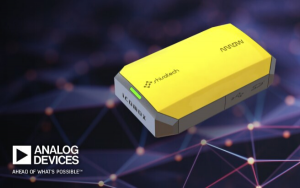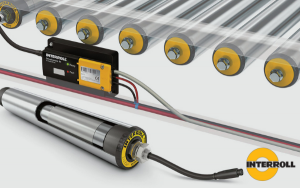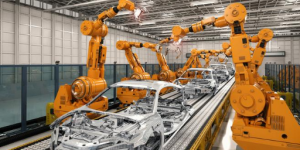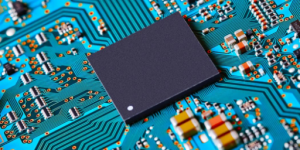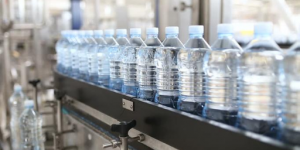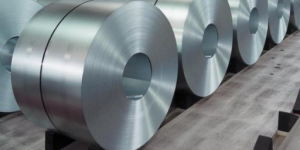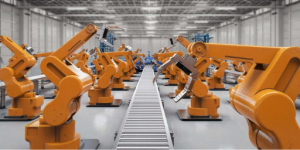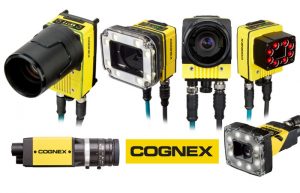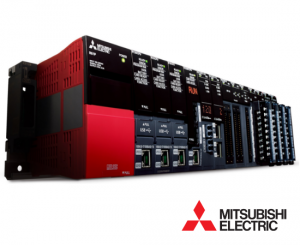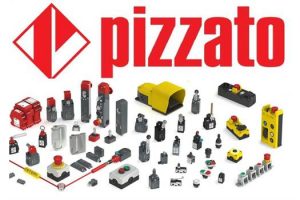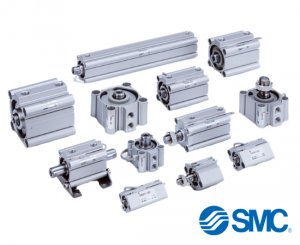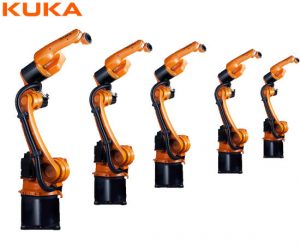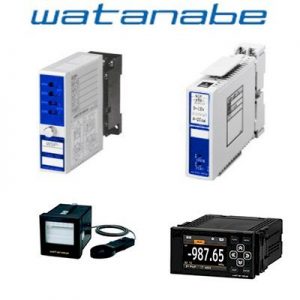Responding to the wave of technology 4.0, Robots are being applied in all areas of life and society, bringing drastic changes to the economy. Why is it called Industrial Robot? What types of robots are there and what are their applications in industrial production?
I. What is Industrial Robot?
A robot is a machine that can perform tasks automatically by computer control or programmed electronic circuits. The robot is pre-programmed in a certain sequence and used for the purpose of assembling, manufacturing or processing products. Robots greatly assist humans. Especially in harsh, toxic and dangerous environments. Industrial robots have high precision and efficiency that is superior to manual production.
II. The most popular types of industrial robots today:
1. Robot Palletizing – Cargo handling
Depending on the application, there are types of queuing robots such as:
- Stacking bags from the production line onto pallets
- Sorting all kinds of boxes

Image: Stacking bags from the production line onto pallets
2. Robot Arc Welding – Welding for mechanical processing
Depending on the purpose of use, there are many different types of mechanical welding robots in terms of welding heads such as:
- Han Tich
- Solder wire
- spot welding
- Laser welding.

Image: Kuka . arc welding robot
Welding robots are applied to automated production lines that require expertise and complexity in areas such as manufacturing cars, motorcycles, pipes, racks, etc.
3. Robot Pick and Place – Pick and arrange products:
The Pick and Place robot is used for picking up products from a fixed or movable position to a position. Robots can be used in all stages of the manufacturing process, from inbound fueling to output packaging. Especially factories of the food and beverage industry; consumer goods; pharmaceutical – chemical

Image: Kuka .’s Pick and Place Robot
4. Robot Foundry and Forging – Casting and Forging:
In the foundry industry, the robot is responsible for pouring molten metal into the mold, cutting excess edges, cleaning the casting or strengthening the casting by sandblasting. Thanks to the heat-resistant robotic arms made of special steel, it works without problems even at extreme temperatures.

Image: Kuka . Casting and Forging Robot
5. Robot Milling – Robot Milling:
Milling robots are used for roughing, finishing, and removing materials in mechanical engineering, metalworking, machine building, electricity, electronics, furniture, construction, automobiles, motorcycles, iron and steel. , plastic, toys, scientific research, medical, especially in the sculpture industry.

Image: Kuka milling robot working on wood materials.
6. Robot Waterjet Cutting – Waterjet cutting:
Waterjet cutting robot is capable of cutting many different materials from metal, alloy (stainless steel, iron, steel, copper, aluminum, etc.) to non-metal (plastic, porcelain, stone, ceramic, glass… ), since waterjet cutting does not generate heat, this solution is utilized to replace cutting heat sensitive materials.

- Waterjet cutting robots are used in industries such as mechanical engineering, construction and even the aerospace industry.
7. Robot Polish:
- Polishing – grinding robots are used to finish the surface of details, parts, products or prepare the surface for the next process such as creating roughness before spraying paint, plating … in the mechanical and machining industries. metal, machine building, electricity, electronics, furniture, construction, automobile, motorcycle, iron and steel, plastic, toys, …

III. The great value Robot brings to businesses:
1. The use of industrial automation robots to reduce costs and improve the quality of the working environment
Issues related to labor such as wages, recruitment and training costs, and other binding costs when using labor really cause headaches for enterprises, affecting their efficiency.
Using robots reduces the risk of occupational accidents, making it easier for businesses to comply with rules or standards on occupational safety.
2. Industrial robots ensure uniformity and increase product quality
The application of automation robots can produce products in bulk, with higher uniformity and quality, because machines always operate with precision, continuous repetition, and no distractions. , boredom, fatigue, attitude… like using human labor.
3. Using robots industrial automation to increase productivity
The robot’s ability to work is durable, does not need to rest and is the optimal solution to increase production output. The production cycle is optimally programmed, the robot’s operation is continuous and uninterrupted.
4. Increased flexibility in production
Industrial production lines in the application of automation robots are programmed through the controller, so it is very easy to switch from one mode to another, easily change the process, change the product category and optimize. optimize operations.
5. Save raw materials and lower product costs
The application of robots in production helps to reduce defective and damaged products. The production stages always ensure the accuracy and standards, so the waste of raw materials and spillage is greatly limited. Increasing output and reducing waste will naturally lower product costs.
6. Improve investment efficiency of enterprises
– Robot application means optimizing the production process, saving space, thereby reducing the need for land, reducing investment costs in infrastructure and factories.
7. Improve brand reputation, increase business competitiveness
– Application of automation robots with a series of benefits mentioned above will help businesses accurately meet the progress and quality of products according to customer requirements. The production operation process minimizes errors, thereby helping businesses improve brand reputation and increase competitiveness.
In Vietnam, Vuletech is one of the companies that undertake the construction of solutions related to Kuka Robot. For more detailed information, please contact:
Vu Le Technology Co., Ltd
Address: 27 Xuan Quynh, Gia Hoa Residential Area, Phuoc Long B Ward, District 9, HCMC
Hotline: (028) 3620 8179 / 3620 8176 / 3620 8177
Fax: (028) 3620 8178
Mail: info@vuletech.com

